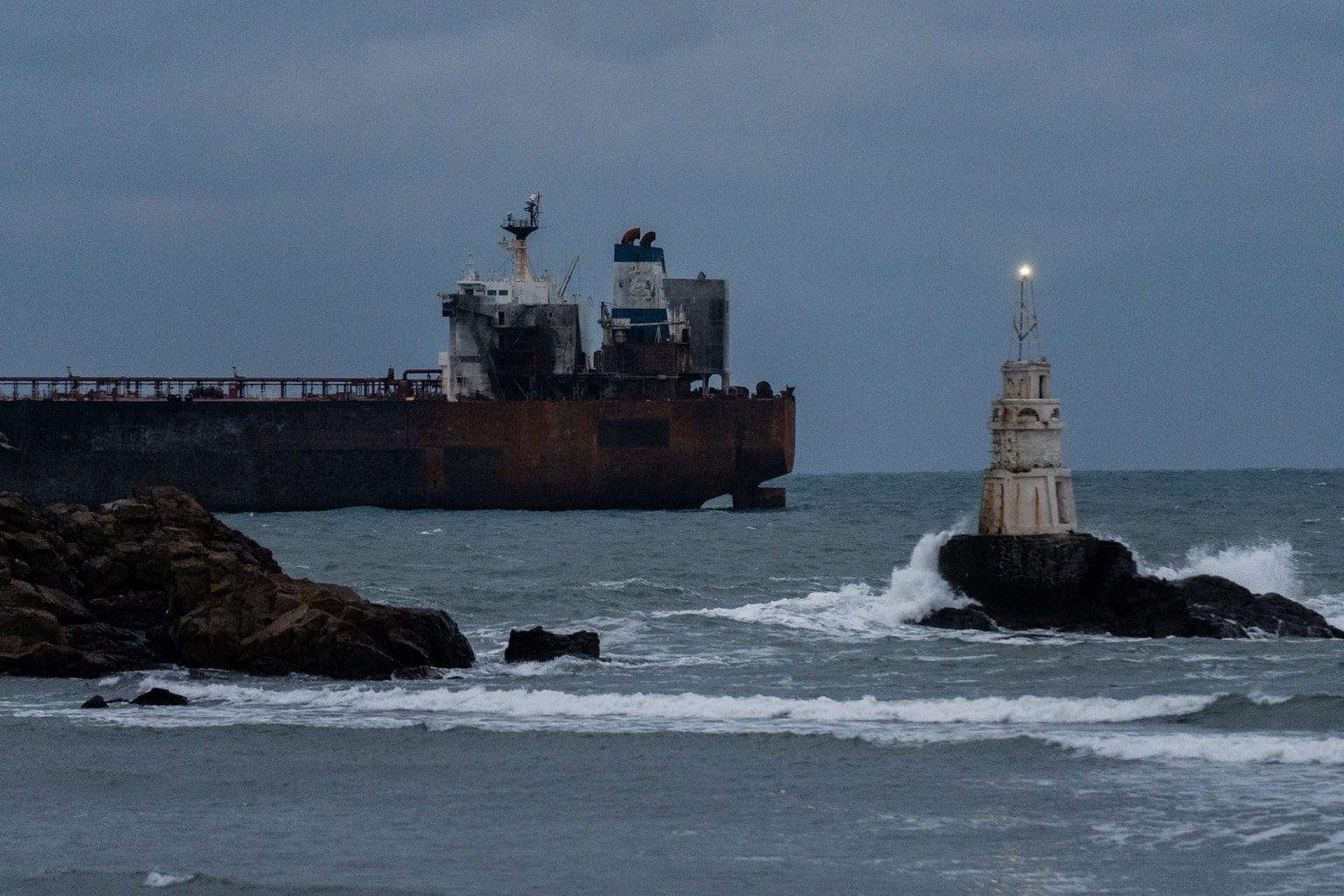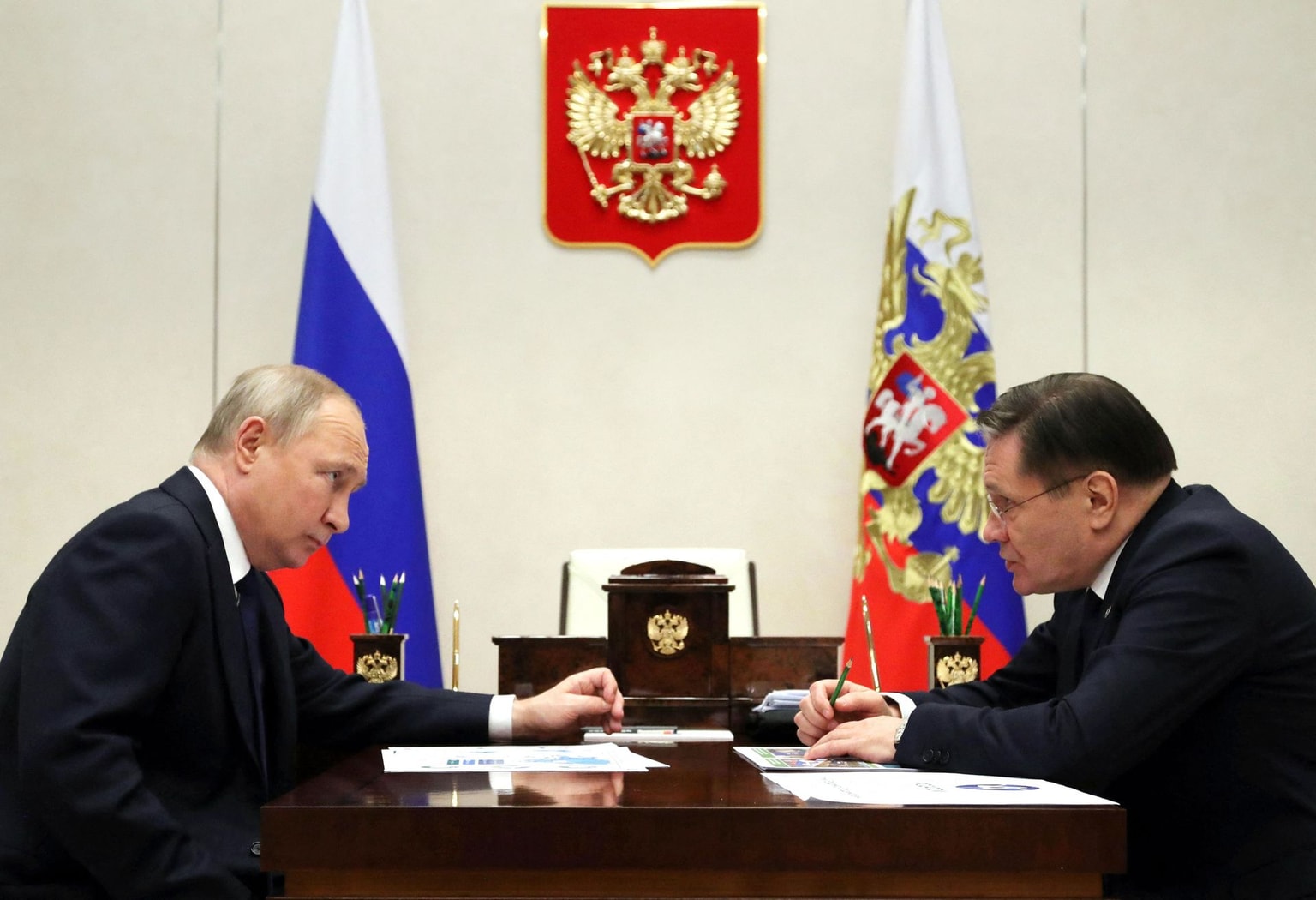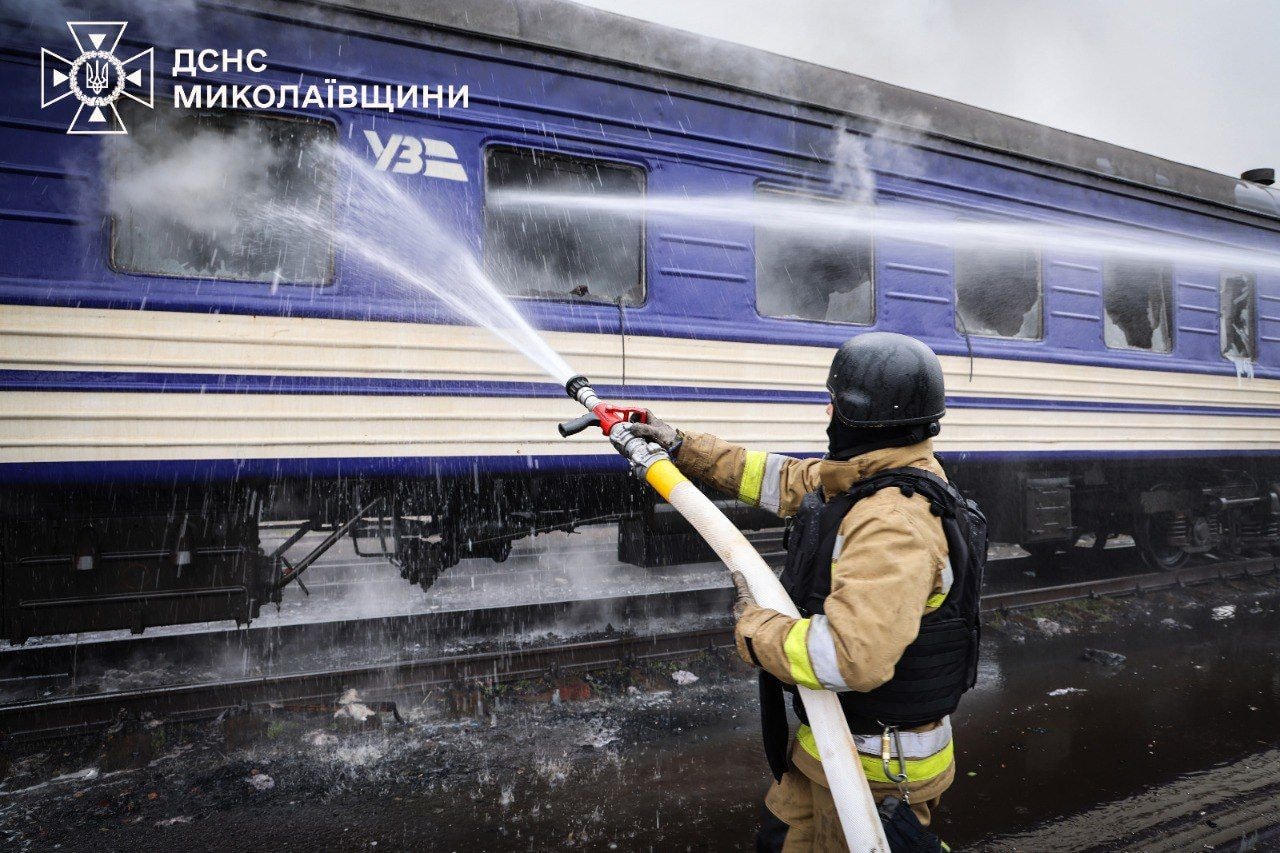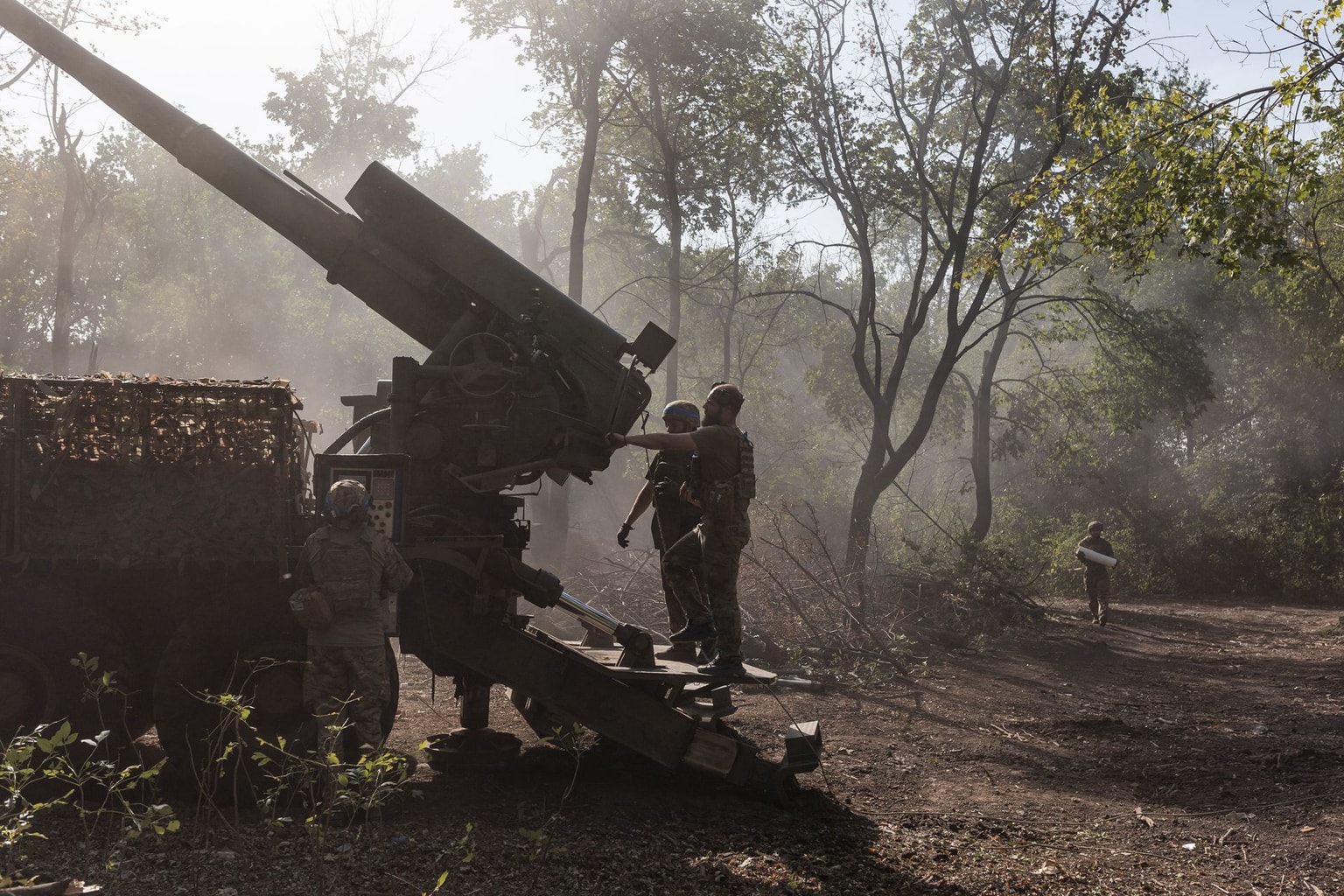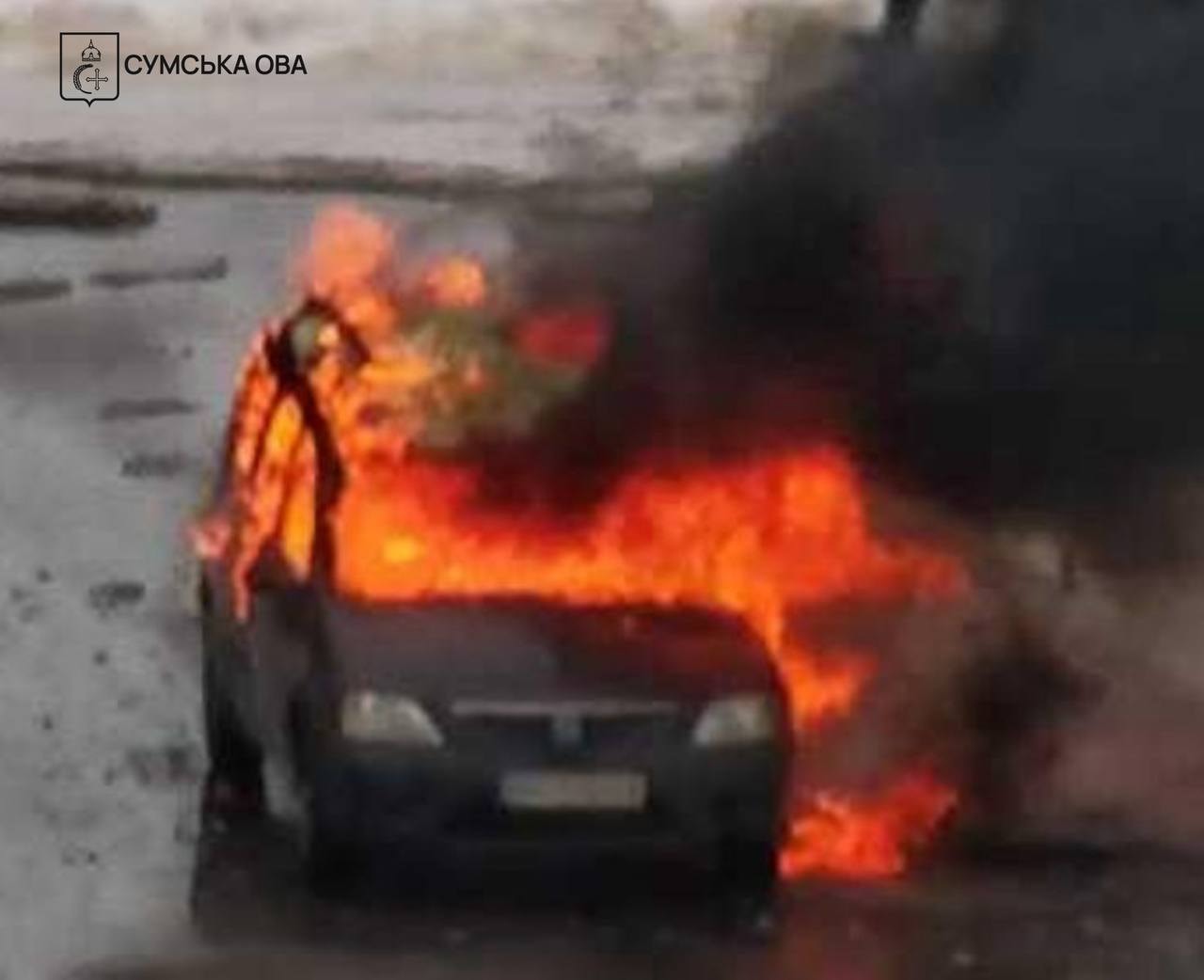
Trade news

News Feed
French nuclear weapons revamp upsets Russia's calculus
Caught between bellicose Russia and an unsteady U.S., Paris is expanding its nuclear arsenal and moving to strengthen European deterrence. The EU's only nuclear power announced on March 2 that it would increase the number of its warheads from roughly 290 to undisclosed levels — the first such move since 1992. France is also signalling its new nuclear "forward deterrence" could extend to European allies, while inviting them to joint nuclear exercises. Francois Heisbourg, a security expert at t

More Patriot missiles used in Middle East in 3 days than in Ukraine since 2022, Zelensky says
President Volodymyr Zelensky reiterated that Ukraine is ready to provide drone interceptors in exchange for missiles, though he did not specify which countries could be involved.

Russian Ka-27 helicopter destroyed over Black Sea, Ukraine's Navy says
The latest report brings up the number of Russian helicopters Ukraine says it has destroyed to 349 since the beginning of the full-scale invasion.

200 Ukrainian POWs return home in latest exchange, Zelensky says
The Russian Defense Ministry confirmed releasing 200 Ukrainian POWs in exchange for the same number of Russian soldiers captured by Ukraine, in a swap brokered by the U.S. and the United Arab Emirates.

Russia denies accepting security guarantees for Kyiv, contradicts Ukrainian official
Kyrylo Budanov, Ukrainian President Volodymyr Zelensky's chief of staff, said on Feb. 28 that Russia would accept U.S.-backed security guarantees for Ukraine.

Ukraine hit 4 Russian ships, killed 3 sailors in March 2 attack on Black Sea port in Krasnodar Krai, SBU source says
"There are no 'protected areas' for Russian military facilities," a source in the Security Service of Ukraine (SBU) told the Kyiv Independent.

Most Popular
As markets opened on March 2, Russian officials were quick to frame the escalating Middle East crisis as an economic opportunity for the Kremlin. Within hours of the first U.S. and Israeli strikes, Russian Envoy Kirill Dmitriev quickly posted on X about crude potentially hitting "$100+" per barrel. Brent crude futures on the London ICE exchange initially had risen 13.04%, peaking at $82.37 per barrel — the highest level in over a year. Prices later eased to $79.38. The spike followed Iran's M


